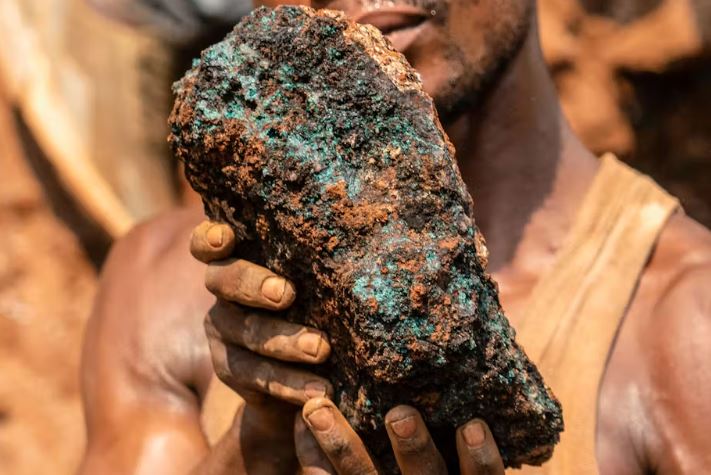
The Democratic Republic of Congo will permanently ban cobalt exporters who violate its new quota system, President Felix Tshisekedi warned. Congo, producing roughly 70% of the world’s cobalt, halted exports in February after prices of the battery metal plunged to a nine-year low.
The quota system, replacing the ban on October 16, will allow miners to ship 18,125 metric tons of cobalt for the rest of 2025. Annual caps will reach 96,600 tons in 2026 and 2027, according to Congo’s state minerals regulator ARECOMS, which oversees all export allocations.
Tshisekedi vowed “exemplary sanctions,” including permanent exclusion from Congo’s cobalt regime for violators, the cabinet meeting minutes seen by Reuters revealed. Glencore and China’s CMOC, two top cobalt producers, reacted differently: Glencore backs the quota, while CMOC opposes the new export limits.
The president credited the export freeze with a 92% rebound in cobalt prices since March, calling the system “a real lever” for the market. The crackdown comes amid escalating conflict in eastern Congo, where clashes between M23 rebels and the army have killed thousands of civilians. A U.S.-backed peace initiative suffered a setback Friday as Congo and Rwanda failed to sign a Regional Economic Integration Framework, designed for investor attraction. Tshisekedi’s measures aim to curb fraud, stabilise prices, and assert state control over one of the world’s most strategic minerals, analysts said.
